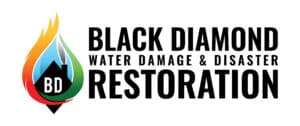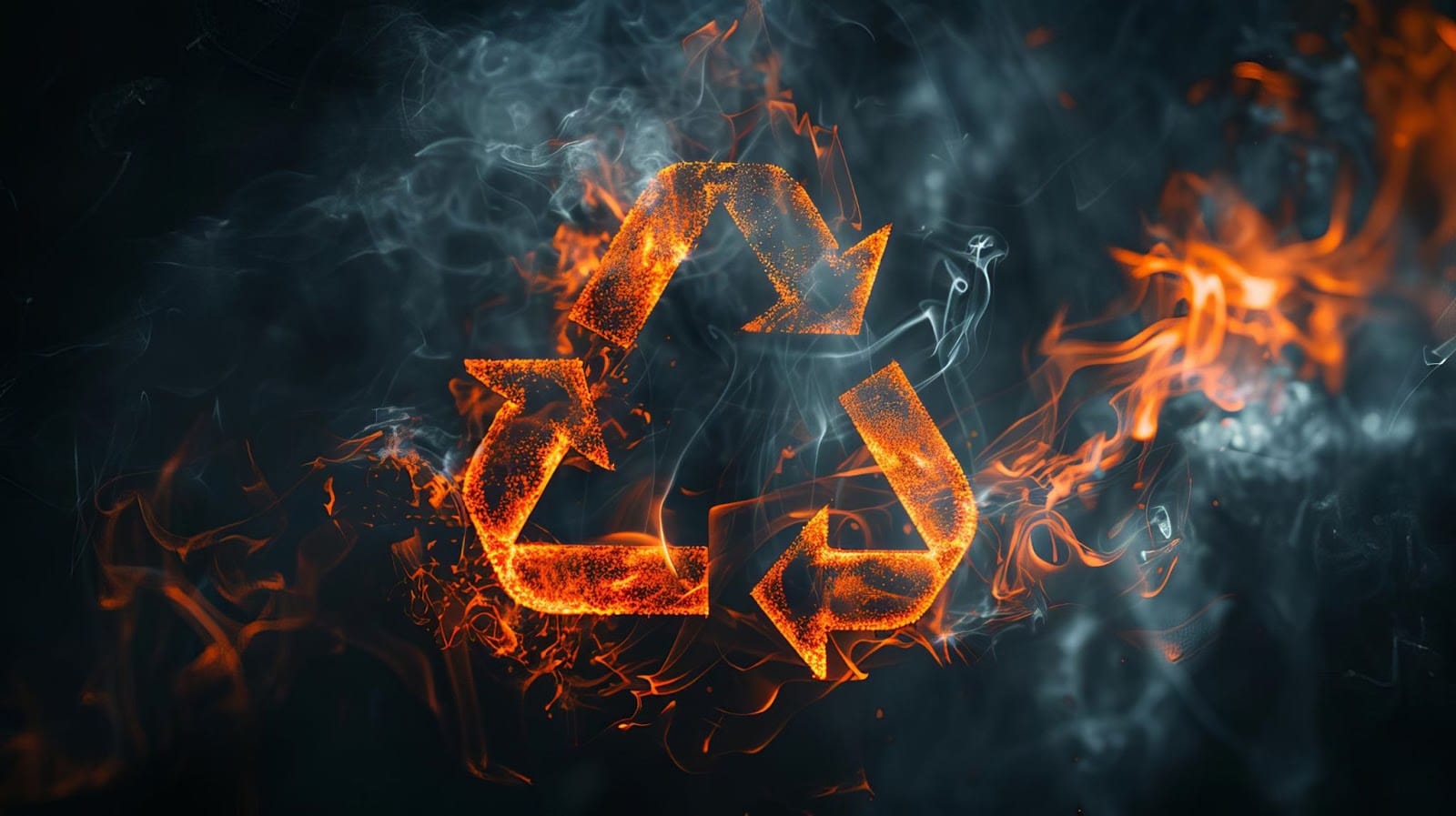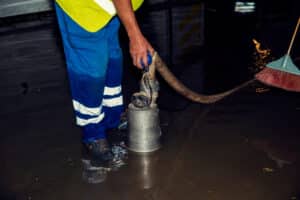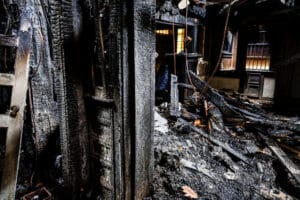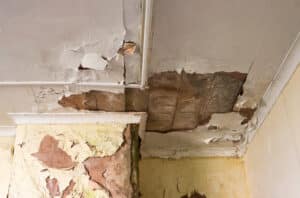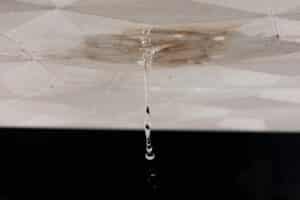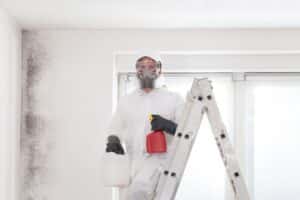Nobody anticipates a biohazard emergency, but grasping biohazard protection is essential for safety when such incidents occur.
Biohazards range from infectious agents to toxic substances, and they pose significant threats to human health. Being prepared, knowing how to respond, and taking long-term protective measures make a critical difference during a biohazard emergency.
This blog will help you navigate the complexities of protection and biohazard property damage in emergency situations. With these tips, you’ll quickly address the issue and keep your property and loved ones safe.
Understanding biohazards
Biohazards are biological substances that pose risks to humans, animals, or the environment. They are classified into four categories based on their biosafety level, each with varying degrees of biohazard effects:
- BSL-1
BSL-1 agents pose minimal threat to human health, animals, or the environment. Non-pathogenic strains of E. coli are examples of this.
- BSL-2
These agents are associated with preventable, treatable diseases like Hepatitis B.
- BSL-3
BSL-3 agents cause serious and potential lethal diseases, such as yellow fever.
- BSL-4
These agents pose a high risk of life-threatening disease, such as the Ebola virus.
Preparing for biohazard emergencies
Proper preparation is the best way to minimize biohazard risks and damage. For effective biohazard protection, here are four steps to take to prepare for a biohazard emergency:
1. Create an emergency supply kit
You might need to fend for yourself for several days following an emergency. Being prepared means having enough food, water, and other essentials to last that long. An emergency supply kit is a collection of basic items your household will need to get through an emergency safely.
Are you ready for a biohazard emergency? Here’s what to include in your emergency supply kit to ensure proper biohazard protection: Include personal protective equipment (PPE) such as gloves, masks, goggles, and disposable coveralls. Next, pack disinfectants, hand sanitizers, and antiseptics. You should also include a first-aid kit with necessary medical supplies.
2. Educate yourself and your family
Knowledge is power when it comes to protecting your household from biohazard property damage. Educate yourself and your family about the types of biohazards that could potentially affect your area. Acknowledging the risks and how to manage them will make a significant difference in an emergency.
Stay informed by regularly checking updates from local health authorities and familiarize yourself with their emergency procedures and guidelines. This awareness will equip you with the necessary tools to respond effectively if a biohazard situation arises.
3. Establish a family emergency plan
Crafting a family emergency plan is essential for making sure everyone in the home knows what to do in the event of a biohazard emergency. Start by designating safe areas in your home for everyone to gather if evacuation isn’t possible. Assign specific duties to each person, such as who will handle pets or grab the emergency supply kit.
Next, develop a communication strategy, including an out-of-town contact person to check in with. Reach out to neighbors to exchange contact information and discuss how to best assist each other in case of an emergency. Practice your plan regularly so everyone is familiar and comfortable with the process. Having a clear, proficient emergency plan will greatly reduce panic and confusion during a real biohazard emergency.
4. Stay up to date on immunizations
Ensuring that you and your family are up to date on immunizations is paramount when it comes to protection and mitigating biohazard effects. Vaccinations protect against various infectious diseases that are often prevalent during biohazard emergencies.
Check with your healthcare provider to confirm that everyone’s immunizations are current. Stay informed about any new vaccines or booster recommendations as well — especially those related to potential biohazard threats in your area.
Responding to a biohazard emergency
Your response should be swift yet informed in the event of a biohazard emergency. This approach will ensure personal safety and mitigate risks, including potential biohazard property damage. Here are some words of wisdom to protect yourself as you confront the aftermath:
As the situation unfolds, immediate assessment is essential to determine the nature and source of the biohazard. Always equip yourself with PPE, including gloves, masks, goggles, and coveralls to curtail exposure to harmful pathogens. Additionally, refrain from touching your face and maintain a safe distance from all contaminated areas.
While thorough decontamination and disposal procedures are vital post-exposure, the severity of the contamination may necessitate professional intervention. Entrusting the cleanup and restoration process to a specialized restoration team is an excellent choice. These trained professionals possess the expertise and equipment required to remediate biohazardous environments safely and thoroughly.
Upon arrival, biohazard restoration teams will conduct a comprehensive assessment of the affected area utilizing advanced techniques and specialized equipment. By enlisting the services of a restoration team, you’ll ensure the thorough and safe remediation of the affected area, minimize health risks, and restore peace of mind.
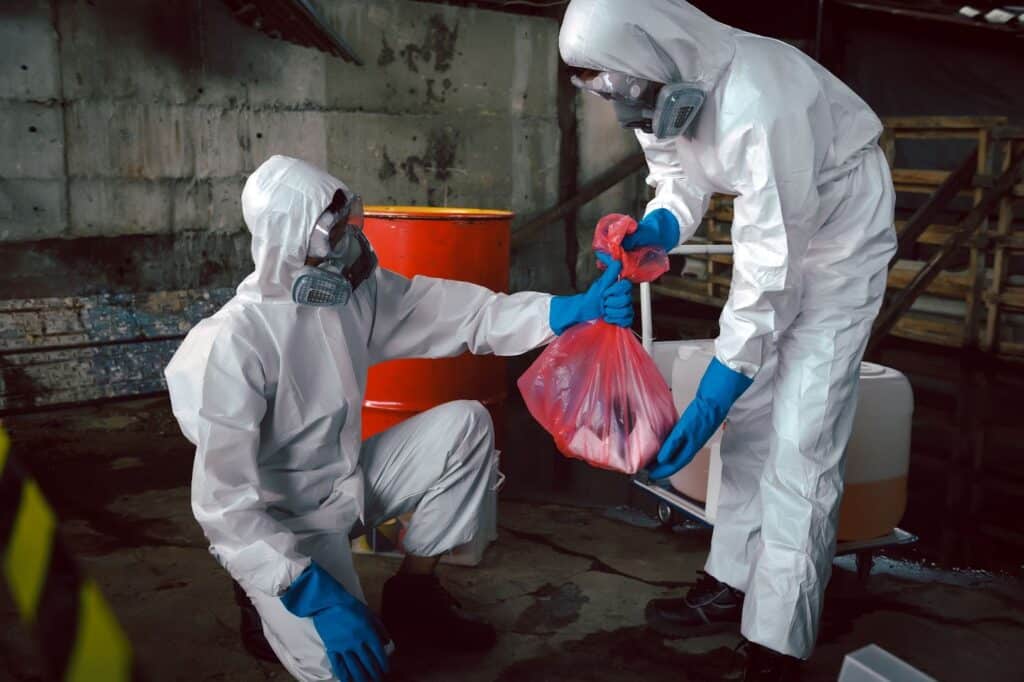
Community and professional resources
Leveraging community and professional resources will significantly enhance. Your preparedness and response to biohazard emergencies. Engage with local health departments to stay informed about potential biohazard threats and response plans. Participating in community preparedness programs and drills will further strengthen your readiness to handle biohazard emergencies effectively.
You might also consider enrolling in professional training programs, such as Occupational Safety and Health Administration (OSHA) courses on biohazard safety to gain specialized knowledge and skills. This is particularly important for individuals working in healthcare, laboratory settings, or emergency response, where biohazard exposure is a heightened risk.
Knowing how to contact local emergency services and understanding their role in biohazard situations is imperative. Be prepared to cooperate with first responders and follow their guidance diligently during emergencies. Their expertise is invaluable in mitigating risks and minimizing biohazard effects, maintaining safety for all involved.
By harnessing these community and professional resources, you’ll enhance your ability to respond effectively to biohazard emergencies — all while minimizing biohazard property damage and protecting yourself and others from potential harm.
Contact Black Diamond Restoration for biohazard restoration today!
Now that you’re well-versed in biohazard protection, you’re ready to restore safety and reclaim peace of mind. Look no further than Black Diamond Restoration! Our seasoned professionals are equipped with the knowledge, training, and advanced equipment needed to tackle biohazard cleanup and total restoration with precision and efficiency.
With over twenty years of experience in biohazard cleanup, we have the expertise to handle any situation and restore your property effectively. Contact Black Diamond Restoration today to experience the difference our professional restoration services make in restoring your home to safety and comfort!
toto slot